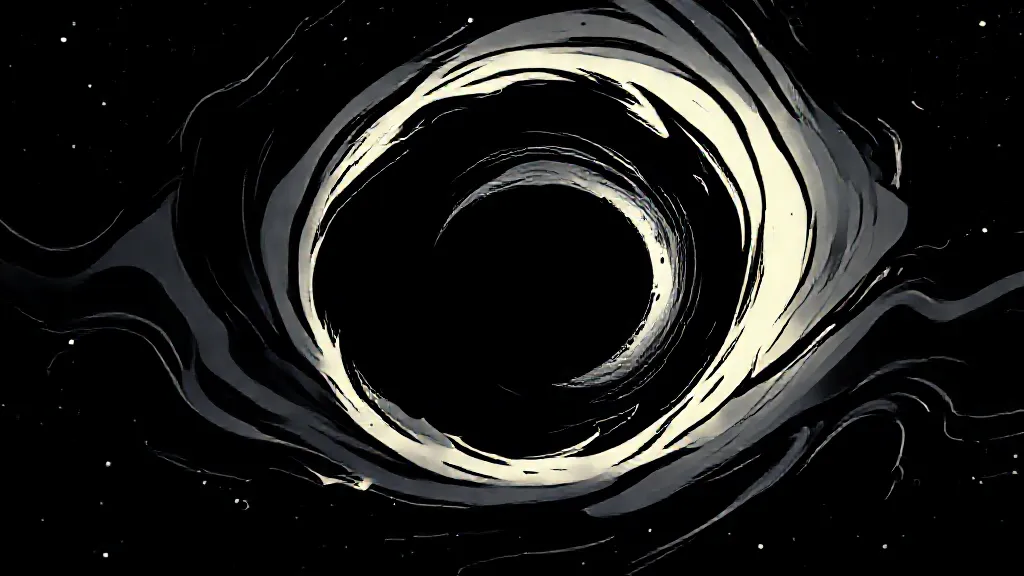Black holes have long captivated the imagination of scientists and the public alike. These enigmatic regions of space, where gravity is so strong that nothing—not even light—can escape, challenge our understanding of physics and the universe. But a fundamental question remains: where do black holes lead? This article delves into the nature of black holes, their formation, and the theories surrounding what lies beyond their event horizons.
The Formation of Black Holes
To comprehend where black holes lead, we first need to understand how they form. Black holes are typically the result of the gravitational collapse of massive stars at the end of their life cycles. When a star exhausts its nuclear fuel, it can no longer support itself against the pull of gravity.
If the remaining mass is sufficient (generally more than three times the mass of the Sun), it collapses into a singularity—a point of infinite density—surrounded by the event horizon, the boundary beyond which nothing can escape.
The Event Horizon: A One-Way Barrier
The event horizon is a crucial aspect of black holes. It marks the point of no return; once an object crosses this threshold, it is inexorably drawn toward the singularity.
The nature of the event horizon raises intriguing questions about the fate of matter that falls into a black hole. Does it simply cease to exist, or is it transformed in some way? The answer to this question is still a topic of intense research and debate among physicists.
Inside a Black Hole: Theoretical Perspectives
What happens inside a black hole remains largely speculative.
According to general relativity, all matter would be crushed into the singularity, leading to an extreme environment where the known laws of physics break down. However, some theories suggest that the information about the matter that falls into a black hole may not be lost but rather transformed. This idea is central to the black hole information paradox, which posits that information cannot be destroyed, challenging our understanding of quantum mechanics and general relativity.
Wormholes: Portals to Other Universes?
One of the most fascinating theories related to black holes is the concept of wormholes. Some scientists propose that black holes could be connected to other regions of spacetime, potentially leading to other universes or distant parts of our own universe. These hypothetical passages, often referred to as Einstein-Rosen bridges, offer a tantalizing glimpse into the possibility of traversing vast distances or even time itself.
However, the existence of such structures remains purely theoretical.
Hawking Radiation: The Slow Death of Black Holes
In the 1970s, physicist Stephen Hawking introduced the concept of Hawking radiation, suggesting that black holes are not entirely black but can emit radiation due to quantum effects near the event horizon. This process implies that black holes can gradually lose mass and energy, eventually leading to their evaporation over astronomical timescales.
The fate of a black hole, therefore, may not be eternal; rather, it could lead to a point where it dissipates completely.
Black Holes and the Fate of the Universe
The ultimate fate of black holes is intertwined with the fate of the universe itself. As the universe expands and cools, it is possible that black holes will become the last remnants of matter.
They may continue to consume surrounding matter until they are isolated in a dark, cold universe. This scenario raises questions about the long-term implications for the cosmos and the nature of existence itself.
The Search for Black Holes
Astronomers have developed various methods to detect black holes, primarily through their interactions with surrounding matter.
Observations of X-ray emissions from accretion disks and gravitational waves from black hole mergers have provided crucial insights into their properties. The Event Horizon Telescope's groundbreaking image of a black hole's shadow in the galaxy M87 has further advanced our understanding of these cosmic giants.
Conclusion: The Ongoing Journey of Discovery
The question of where black holes lead remains one of the most profound in modern astrophysics.
As our understanding of black holes evolves, so too does our comprehension of the universe's fundamental nature. Future research and technological advancements may eventually provide answers to these mysteries, leading us to a deeper understanding of the cosmos and our place within it.
